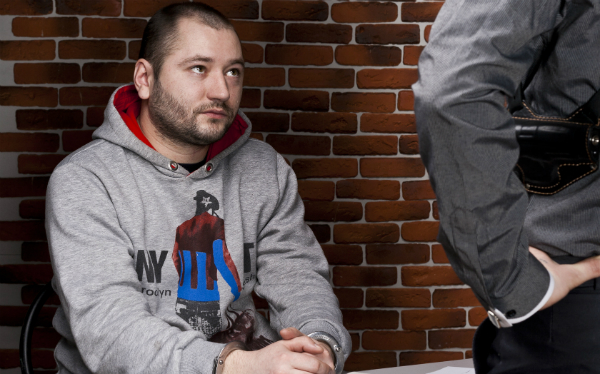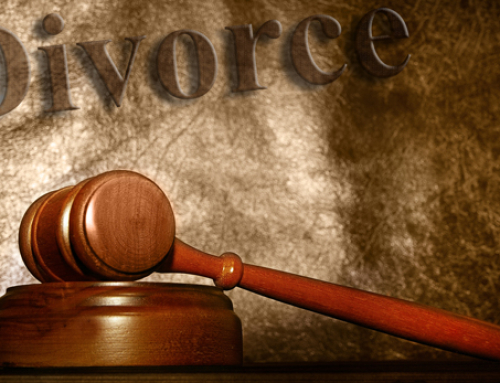Introduction:
If you are the subject of an abuse or neglect investigation by the Florida CPS, you will want to speak to an experienced Family Law Attorney. Remember that the CPS is not there to help you out; they are there to look after your children’s needs even at the expense of their parents’ rights.
Most would agree placing the best interests of the children foremost in a divorce or investigation is important, but it is also important to remember that your rights along with your children’s rights are protected. Having a lawyer ready is very important in the event CPS comes to your home. In this article we are going to list things that may happen to you should the CPS come calling, and what you should do in the event they knock on your door.
Key Takeaways:
- Dealing with Child Protective Services (CPS) is scary in any situation and oftentimes more occurs behind the scenes of CPS than we would expect.
- Use an Attorney when meeting with CPS so you can make sure to protect your children and family.
- CPS is not necessarily working in the parents’ favor, they are trained in getting children out of a bad situation, and are looking for the bad in most situations.
- Call us if you have any questions about CPS or want to protect your family in the event CPS comes to your house.
1. “If you are innocent, you have nothing to hide” – Not actually the case
This is something that individuals often hear in an encounter with CPS or, even when speaking with the police. The truth is that it’s a very complex situation, and there are any number of considerations before agreeing to be interviewed or interrogated in any way. Even when the person involved is innocent, they should speak with an attorney before talking to CPS or any detective.
However, we all know even the best legal system can accuse and even convict innocent people of crimes, which requires them to spend massive amounts of time and money proving their innocence. If you are innocent you can be accused much the same as someone who is guilty. It is important to have a lawyer present to help you at all points throughout the investigation.
2. Answer Only the Necessary Questions
In an attempt to take care of children, CPS will ask many questions that they don’t have a legal right to ask. And you are not obligated to answer. That is one of the reasons it’s very important to have an attorney present whenever communicating with CPS or police officers. Your attorney can sift through which questions you need to answer and which ones you have the ability to refuse. Knowing what is legally required to be answered and when it may be best to say nothing is crucial and our attorneys are more than ready to help you answer any questions the CPS might ask.
3. Should I Consent to an Interview with CPS?
We all have heard the saying, “Anything you say can and will be used against you in court.” That is a fair warning that in America you do not have to incriminate yourself. If there is any question about the nature of the charges brought against you, it is paramount you seek the advice of one of our attorneys prior to consenting to an interview with CPS.
Everything that you tell the CPS or a detective can be used against you if a case goes to court. Even if you feel you are innocent, remember that once the interview begins, you no longer have control. You do not know what questions will be asked or what you are being accused of. Having an attorney there can help you feel more confident that you have protection against potential fallout from the interview.
Refusing an interview can get a note in your case file labeling you “uncooperative.” This is safer to have written against you than what could potentially happen if you do not have an attorney present. Do not agree to an interview without first discussing it with a lawyer about if such an interview is in your best interest.

4. Always Have a Second Witness
Meeting with CPS or a detective can be a scary situation. Without a witness, mistakes in notes or misinterpretation can so easily happen, and there is only one record that can speak against you. For example if you say you have never physically disciplined your child, but the CPS worker puts it down as an admission to hitting the kid, then that becomes part of your official record.
It is always better if there is some neutral party present or some attorney for authenticity and credibility. Having a second witness present, especially your attorney, can become critical in pointing out inconsistencies and looking out for your legal interests.
5. Remember that CPS is Not There to be an Advocate for You
As mentioned above, CPS is worried about the welfare of your kids, not about your rights. The case worker might appear friendly and downplay how serious this is. If they thought that there was no reason to visit you, then they wouldn’t knock on your door. Their goal isn’t to clear your name; it’s to gather information to keep going forward with their investigation. Be polite and obliging, but let CPS know you must speak with your attorney first before discussing the issue further.

6. Don’t Let Them Conduct Unwarranted Home Inspections
One of the most common requests you will be asked to do by CPS is to allow them to inspect your children’s living environment. Keep in mind, they are not visiting to rate your housekeeping skills; they are looking for any little thing that they can use to help their case against you. You do have a right to say no and can tell them you will have to first speak with your attorney. If CPS insists on coming in, ask them to get a warrant if they cannot wait for you to consult your attorney.

7. CPS Will Want to Speak to Your Children
CPS will want to interview your children at home or at school. While it’s a good idea that you take your children’s rights into consideration, remember that in many circumstances, CPS can talk to your children at school without obtaining permission from you. In regards to such interviews, consult with your attorney before deciding on any course of action. You should always consult with your attorney before allowing CPS to interview your children, but be aware of the rights which your children have.
Summary
Understanding the various risks and processes involved when the CPS is investigating is of paramount importance if you are a parent or just a family member concerned. If your spouse or a third party threatens or has made allegations about child abuse, immediate legal advice will prevent unnecessary complications. At Compton and Smith, PA, consultations are free Monday through Friday to speak with an attorney about your situation and advise you on the best possible course of action. Don’t wait until it’s too late; let our experienced attorneys protect your rights and ensure the well-being of your family.








